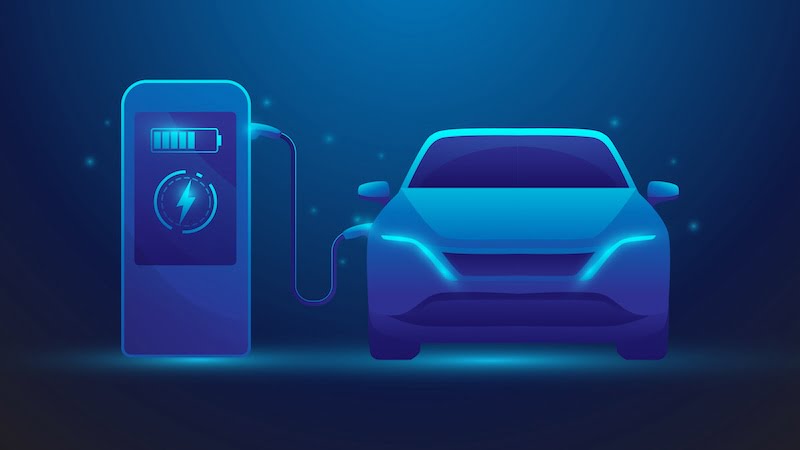
If the number of electric cars on German roads increases, so does the demand for energy. This can have an impact on the electricity supply. A “virtual power plant” is intended to help avoid bottlenecks and relieve the strain on the grid.
At the end of the first quarter of 2024, around 1.46 million purely electric vehicles were registered in Germany. An enormous increase, as at the end of 2023 the number was still around one million.
But the increasing number of electric cars on German roads also has an impact on electricity consumption. In order to relieve the strain on the power grid, Transnet BW and Octopus Energy are now testing a “virtual power plant” to charge electric cars flexibly and intelligently.
How the “Virtual Power Plant” works
With their pilot project, the transmission system operator TransnetBW and Octopus Energy want to increase grid stability in Baden-Württemberg through intelligent charging management of electric cars.
To do this, Octopus Energy indicates what capacity it can move when the network is at high load. If bottlenecks occur, TransnetBW can access this. Octopus Energy, in turn, can then postpone the charging processes to more favorable times as part of its intelligent e-car tariffs.
“What is special about OctoFlexBW, in addition to the large number of participating battery-electric vehicles, is the almost complete end-to-end process from system management to the technical unit,” explains TransnetBW CEO Werner Götz.
The data obtained will provide insights into end-customer acceptance, the reliability of flexibility provision, product design and the future potential of electric vehicles for flexibility provision.
The pilot project is scheduled to last one year and will collect data on the planned charging processes of up to 1,500 electric cars belonging to Octopus Energy customers in the TransnetBW control area.
Intelligent system controls charging process automatically
Octopus Energy offers its customers the “Intelligent Octopus Go” system. This is an intelligent electricity tariff that is combined with a smart meter gateway installed by Octopus Energy.
Customers only have to specify by what time their car should be charged and to what percentage. For example, if the car is needed at 7:00 a.m., it will be available fully charged.
The cars are charged when electricity is cheapest and comes predominantly from renewable energy sources.
“The potential of electric cars for stabilizing the grids is huge,” explains Bastian Gierull, CEO of Octopus Energy. “With intelligent technology and the networking of our two platforms, we are taking a groundbreaking step in bottleneck management.”
Our goal is not only to involve end customers, but also to reward them for their flexibility – with cheap charging current and lower network costs. This is how we make e-mobility even more attractive.
In this way, the electric cars can form a kind of “virtual power plant” together. In turn, they support the grid supply in Baden-Württemberg in order to increase the security of supply.
Also interesting:
Source: https://www.basicthinking.de/blog/2024/06/28/virtuelles-kraftwerk-elektroautos-stromnetze-entlasten/


